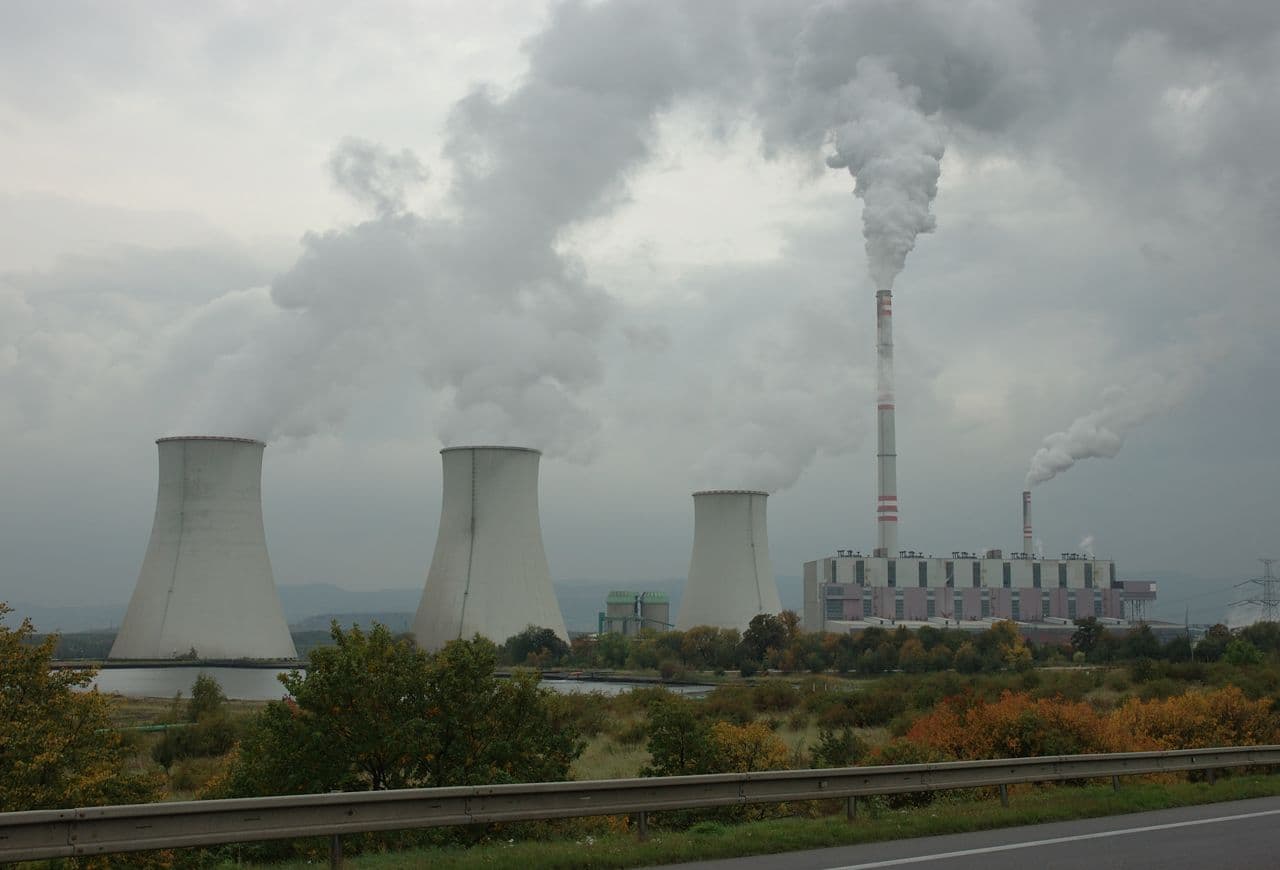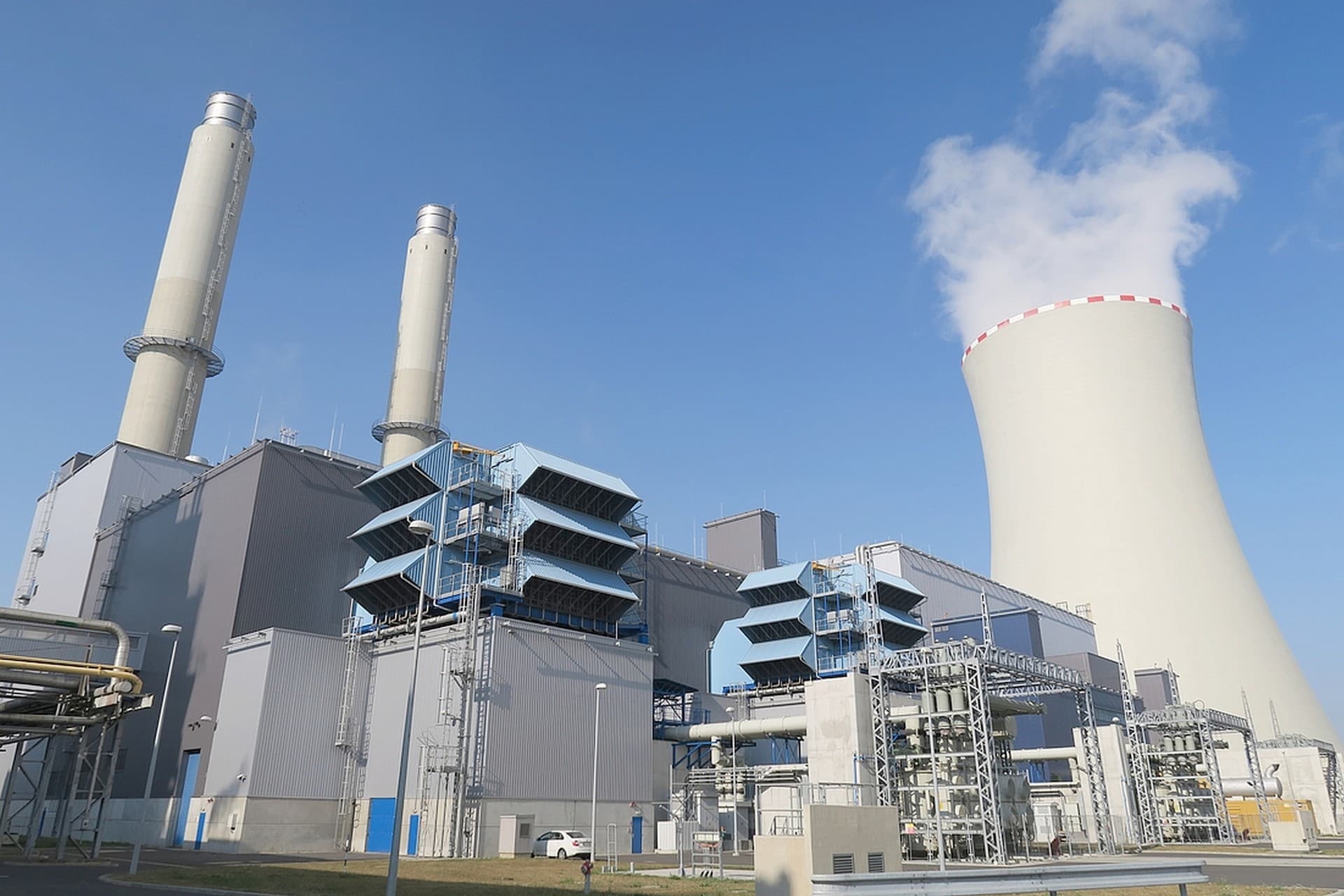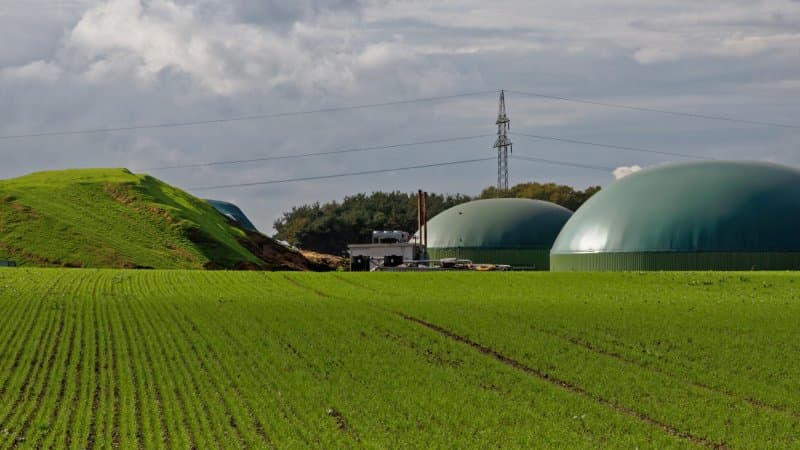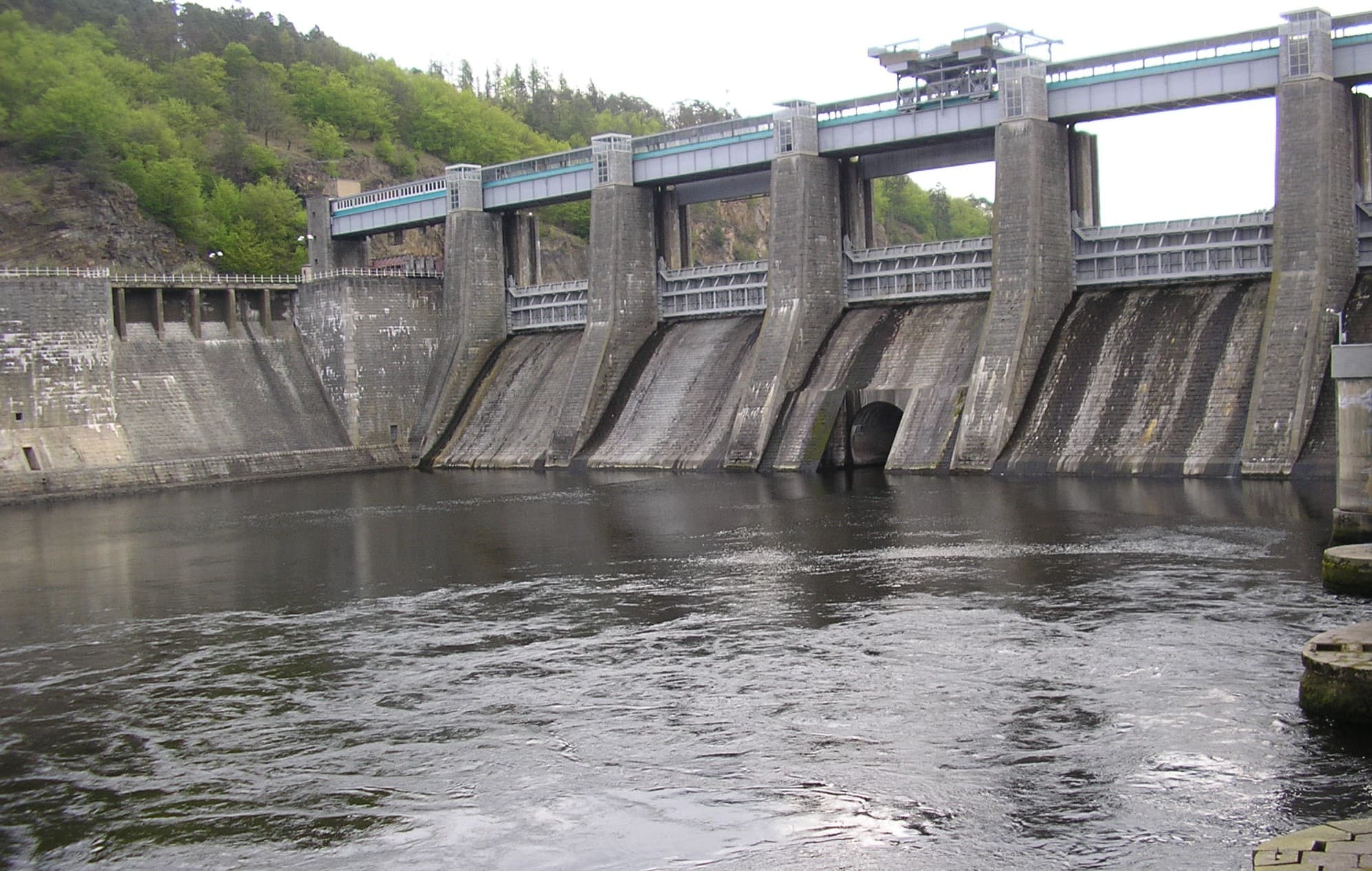Energy sector transformation over the last 25 years: trends and challenges
23. 10. 2023






The last 25 years have been marked by significant transformations in the energy sector. This essay aims to provide a comprehensive overview of these changes and to highlight the main trends and challenges that have emerged during this period.
One of the key developments over the last 25 years has been the deregulation and liberalisation of the energy market. This shift has allowed increased competition and the entry of new players into the sector, ultimately leading to greater efficiency and lower prices for consumers. In addition, there have been significant technological innovations, particularly in the field of renewable energy. Over the years, we have seen remarkable progress in the use of wind, solar and hydro power. This, together with growing environmental concerns, has prompted a significant shift towards cleaner and more sustainable energy sources. Another significant change has been consumer behaviour with increasing demand for clean energy. This shift is driven by increased awareness of environmental issues and a desire to reduce carbon footprints. Consumers are now actively seeking out energy providers that offer renewable energy options, and this has influenced the strategies and offerings of energy companies.
Renewable energy sources have experienced significant growth over the last 25 years. They have gradually moved from being a niche market to becoming an important part of the energy mix in many countries. The deployment of renewable energy technologies has had positive impacts on reducing greenhouse gas emissions and mitigating climate change. In addition, there has been a significant focus on the electrification of transport. The push for EVs has gained momentum, leading to increased investment in charging infrastructure and the development of more efficient and affordable EV models. At the same time, there has been an increasing focus on energy efficiency, which is supporting energy reduction in various sectors. However, despite these positive developments, challenges related to sustainability and emissions reduction remain. Achieving significant reductions in GHG emissions requires a comprehensive transition away from fossil fuels, which poses challenges due to reliance on existing infrastructure and vested interests. Moreover, ensuring the stability of energy supply and affordability during this transition is a significant challenge that needs to be addressed.
Several key trends can be expected in the energy sector in the future. Technological innovation will continue to drive change with advances in energy storage, smart grid systems and more efficient renewable energy technologies. These innovations will facilitate a smoother integration of renewable energy into existing grids, enabling greater reliability and scalability. Policy and regulatory changes are also expected in response to the climate crisis. Governments are likely to introduce stricter regulations and policies to limit greenhouse gas emissions and encourage the uptake of renewables. This will create new opportunities for the energy sector, but will also require significant innovation and investment to meet these evolving demands.
Transformations in the energy sector have profound implications for both consumers and industry. Consumers are increasingly empowered to make sustainable energy choices and use their demand to push for cleaner options. This puts pressure on energy companies to adapt their offerings and business models to these changing consumer preferences. In addition, industries face the challenge of switching to cleaner energy sources while remaining competitive and profitable.
In conclusion, over the last 25 years the energy sector has undergone significant transformations driven by deregulation, technological advances and changing consumer behaviour. The increasing adoption of renewable energy sources, together with the emphasis on energy efficiency and sustainable development, has transformed the industry. Looking ahead, continued technological innovation, policy changes and consumer demands will continue to shape the energy sector. Addressing the challenges and seizing the opportunities will be essential to achieving a sustainable, affordable and reliable energy future.
One of the key developments over the last 25 years has been the deregulation and liberalisation of the energy market. This shift has allowed increased competition and the entry of new players into the sector, ultimately leading to greater efficiency and lower prices for consumers. In addition, there have been significant technological innovations, particularly in the field of renewable energy. Over the years, we have seen remarkable progress in the use of wind, solar and hydro power. This, together with growing environmental concerns, has prompted a significant shift towards cleaner and more sustainable energy sources. Another significant change has been consumer behaviour with increasing demand for clean energy. This shift is driven by increased awareness of environmental issues and a desire to reduce carbon footprints. Consumers are now actively seeking out energy providers that offer renewable energy options, and this has influenced the strategies and offerings of energy companies.
Renewable energy sources have experienced significant growth over the last 25 years. They have gradually moved from being a niche market to becoming an important part of the energy mix in many countries. The deployment of renewable energy technologies has had positive impacts on reducing greenhouse gas emissions and mitigating climate change. In addition, there has been a significant focus on the electrification of transport. The push for EVs has gained momentum, leading to increased investment in charging infrastructure and the development of more efficient and affordable EV models. At the same time, there has been an increasing focus on energy efficiency, which is supporting energy reduction in various sectors. However, despite these positive developments, challenges related to sustainability and emissions reduction remain. Achieving significant reductions in GHG emissions requires a comprehensive transition away from fossil fuels, which poses challenges due to reliance on existing infrastructure and vested interests. Moreover, ensuring the stability of energy supply and affordability during this transition is a significant challenge that needs to be addressed.
Several key trends can be expected in the energy sector in the future. Technological innovation will continue to drive change with advances in energy storage, smart grid systems and more efficient renewable energy technologies. These innovations will facilitate a smoother integration of renewable energy into existing grids, enabling greater reliability and scalability. Policy and regulatory changes are also expected in response to the climate crisis. Governments are likely to introduce stricter regulations and policies to limit greenhouse gas emissions and encourage the uptake of renewables. This will create new opportunities for the energy sector, but will also require significant innovation and investment to meet these evolving demands.
Transformations in the energy sector have profound implications for both consumers and industry. Consumers are increasingly empowered to make sustainable energy choices and use their demand to push for cleaner options. This puts pressure on energy companies to adapt their offerings and business models to these changing consumer preferences. In addition, industries face the challenge of switching to cleaner energy sources while remaining competitive and profitable.
In conclusion, over the last 25 years the energy sector has undergone significant transformations driven by deregulation, technological advances and changing consumer behaviour. The increasing adoption of renewable energy sources, together with the emphasis on energy efficiency and sustainable development, has transformed the industry. Looking ahead, continued technological innovation, policy changes and consumer demands will continue to shape the energy sector. Addressing the challenges and seizing the opportunities will be essential to achieving a sustainable, affordable and reliable energy future.

